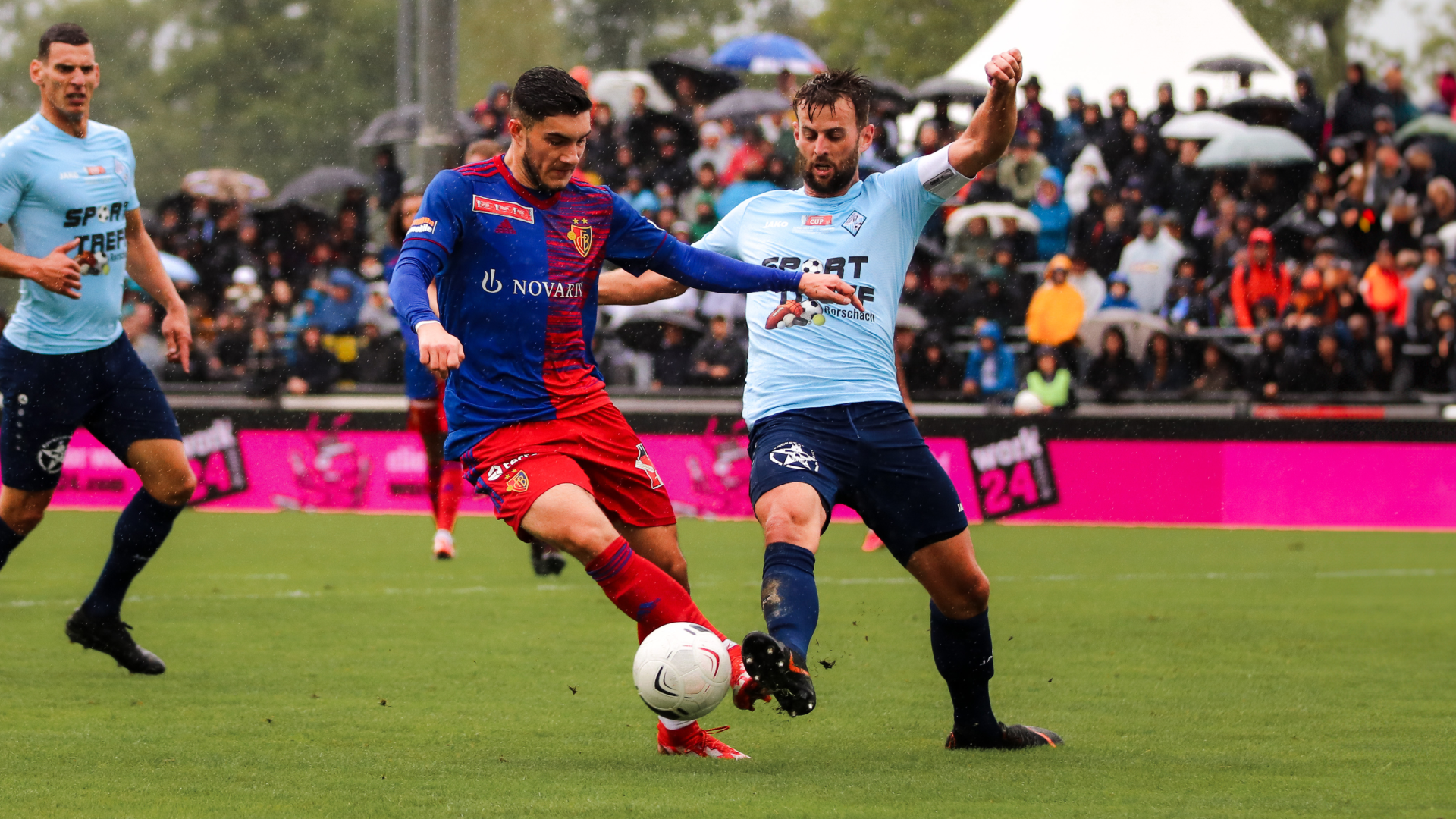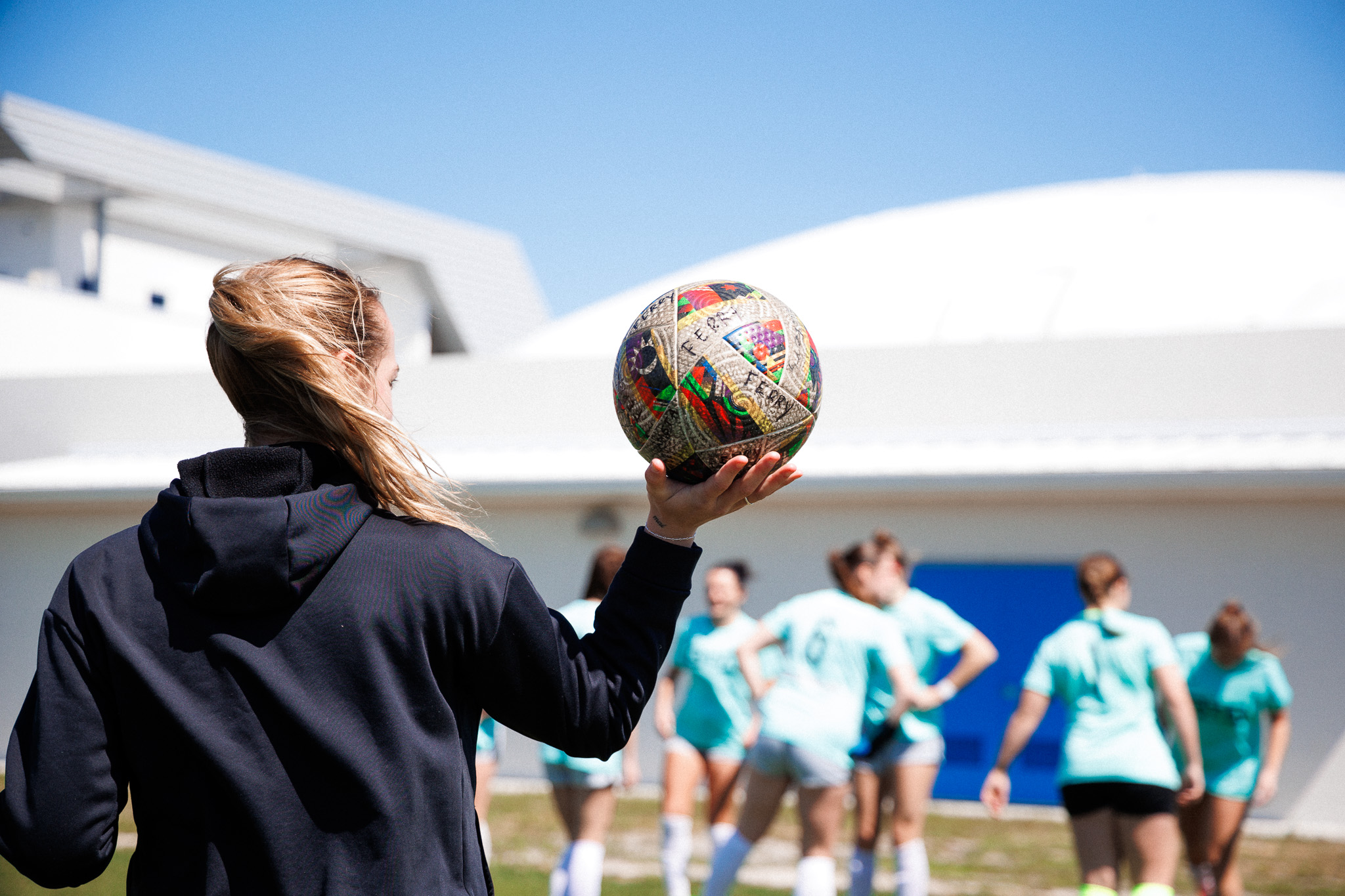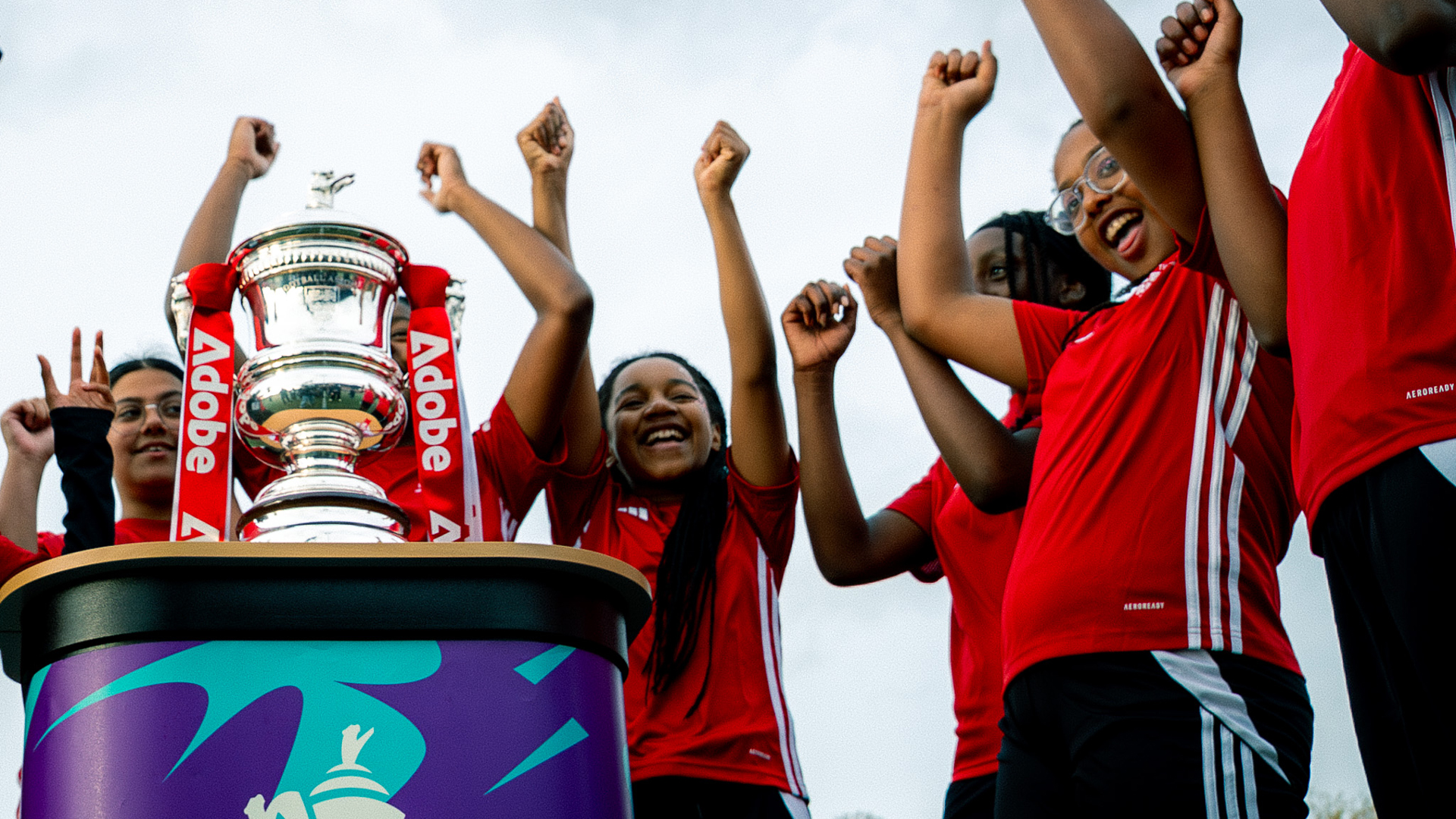Beyond the Touchline: 'It's Only Kids Football' is Changing Youth Sports Culture
Frederik Hvillum
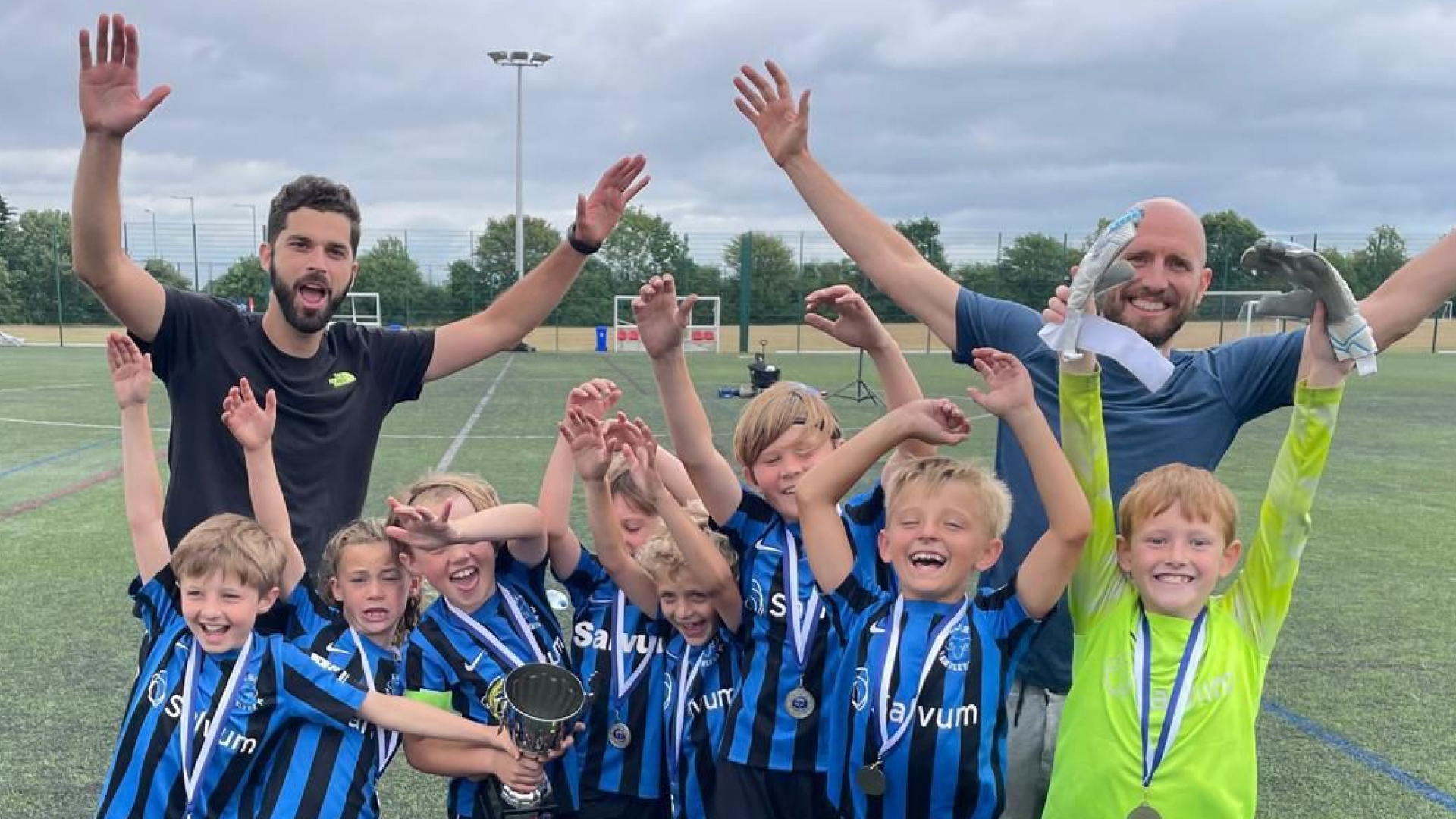
How two grassroots coaches turned their parenting struggles into a movement that's reshaping youth football culture through honest storytelling and community connection.
When Ben Welch volunteered to manage his son's football team at Leigh Ramblers in Essex, he thought he knew what he was getting into. With over 20 years in content creation and FA coaching badges, managing a group of seven-year-olds seemed manageable. What he didn't anticipate was how quickly he'd transform into someone he didn't recognize—and he wasn't alone.
"We quickly realized that we were behaving in a way that we weren't necessarily happy with," Welch reflects. "It was harder than we thought, not only to actually do training sessions, but to control our emotions and the dynamic of managing your own son and coaching your own son, which is incredibly difficult."
This realization sparked the creation of "It's Only Kids Football", a podcast that has become far more than just another parenting show. The show has evolved into a cultural movement that's changing how we talk about youth sports, parenting, and the emotional rollercoaster that comes with both.
The Vulnerable Truth Behind the Touchline
Mike Clark, Welch’s co-host and fellow coach, experienced a similar transformation. Despite wanting to be the "fun uncle" figure, he found himself becoming someone he didn't like during matches. "I thought this would be running around with the kids, having a kick about, and it'll be nice, and everyone gets on. And it just wasn't like that for me, and I just turned like everyone does."
What sets their podcast apart goes beyond just admitting these struggles. Their commitment to radical honesty about the experience makes the difference. In a content landscape filled with what they describe as "far too serious, far too holier than thou" advice, Welch and Clark chose a different path: complete transparency about their failures, emotions, and the messy reality of youth coaching.
"My idea from the outset was, no matter how horrifying my behavior, I was going to tell it honestly, and no matter how shocking my feelings were, I was going to tell the truth," Welch explains. "It all began with saying that you wanted to win. Now that sounds pretty harmless, but when you say things like 'I want to win, and winning matters to me,' especially when they're only seven, people react negatively. But the truth is, I do want to win, and I'm battling that urge alongside wanting them to have fun and develop."
The Collective Investment Phenomenon
One of the podcast's most powerful insights is what Welch calls "collective investment", the intense emotional attachment that develops when parents, children, and coaches become intertwined in a shared experience. "You have this collective investment. It's almost like when you go to watch a film as a group, but it's intensified by about a million because it's your kids and their friends, and their parents are your friends, and you're all pushing towards this one thing."
This phenomenon creates a unique emotional pressure cooker. When your child performs well, the team wins and everyone celebrates. When they struggle, the collective disappointment is palpable. "You're just not prepared for all these feelings and being so invested in it meaning so much to you and that bringing out the worst in you," Welch admits.
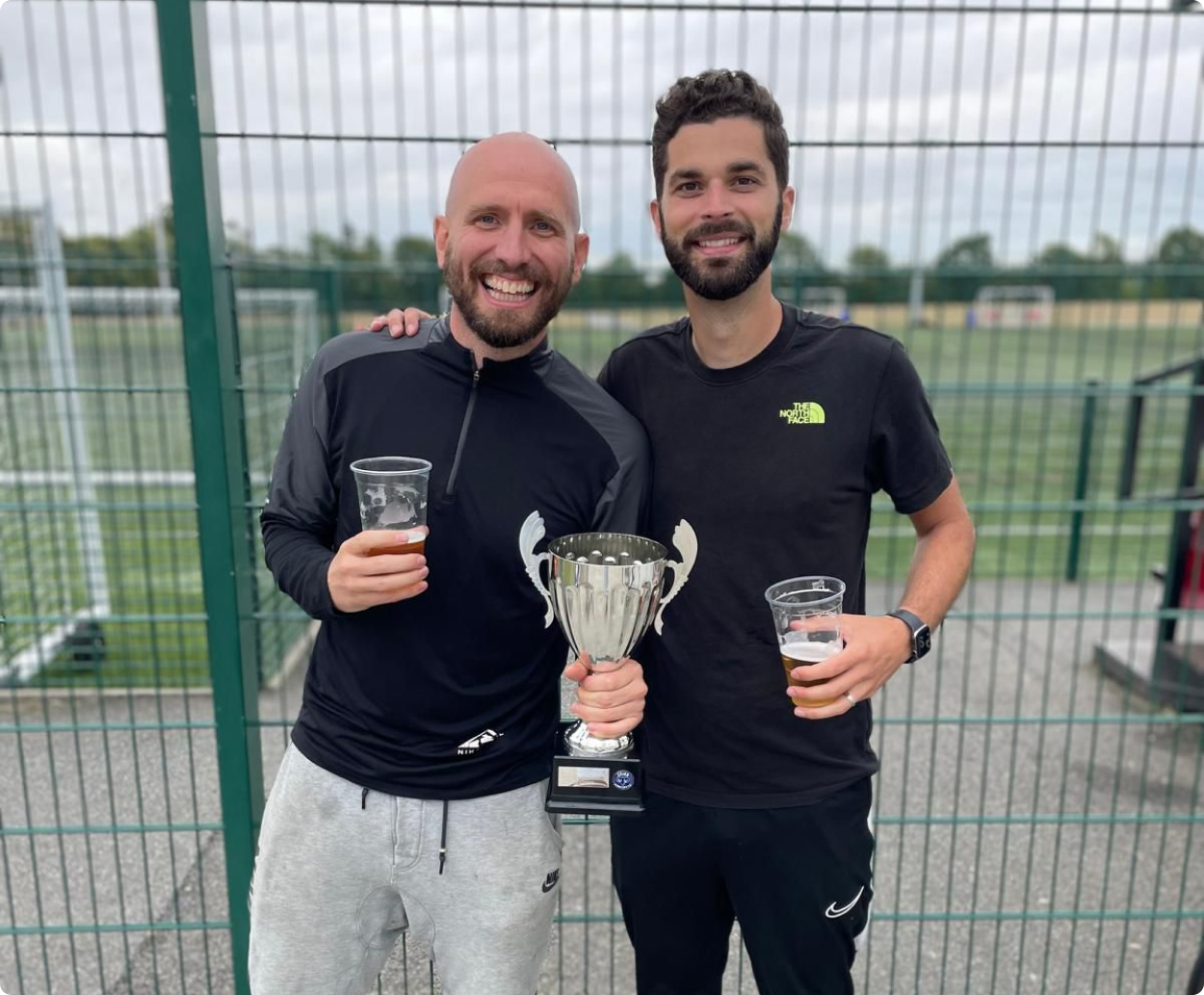
Learning from the Best (Who Are Also Human)
The podcast's format brilliantly balances entertainment with education by bringing in expert guests while maintaining the hosts' position as "guinea pigs" rather than experts. One particularly powerful example involved Neil Harris, who spent 21 years at Manchester United Academy coaching players like Scott McTominay.
"Neil Harris has coached some of the most elite players you can think of over a 21-year period, and he coached his son's team," Welch recounts. "His son Jamie comes on the podcast and says, 'Yeah, but when you coached me, you did this to me, and you used to give me this look, and I didn't want to fail you.' The surprise on Neil's face was clear—they probably never had an honest conversation like that before."
This moment crystallized a key truth: even the most elite coaches struggle with the parent-coach dynamic. "Strip away the fact you're a coach, you're human and you're a parent, and it's hard to control those emotions."
The Power of Visual Storytelling
The integration of Veo's camera technology has transformed how the podcast captures and shares these emotional moments. During a recent tournament, Clark's goal celebration—which he describes as "somewhere between a normal reaction and a Jose Mourinho touchline slide"—became a viral moment that perfectly encapsulated the raw emotion of grassroots football.
"I genuinely don't really remember the celebration, but for an under-nines tournament with eight teams, it is pretty embarrassing stuff. But you can't control it. I couldn't control it," Clark admits. The Veo cameras captured not just the goal, but the collective explosion of joy from parents and the kids rushing onto the pitch—creating what Welch calls a "time capsule for life."
"When I was a kid, none of this stuff was possible. It was just a story. Now, no matter what happens to those kids, that is a time capsule for life. In 10 years when it's over and they're going to uni or playing in men's teams, they can look back on this shared experience."
Building a Global Community
The podcast's honest approach has resonated far beyond the UK, creating a global community of parents and coaches sharing their own stories and struggles. Messages pour in from around the world, with parents crediting the show with saving their relationships with their children.
One particularly moving example involved a head teacher with over 10 years of experience working with children. Despite his professional expertise, he found coaching his son's team completely different and challenging. "He messaged to say listening to the pod has potentially saved the relationship he has with his son, because dealing with kids as a teacher and being a children's football coach with your son in the team—it's a completely different world."
The community aspect extends beyond just consuming content. Listeners actively contribute advice and share their own moments. When Welch and Clark struggled with getting kids to mark opponents, a listener suggested shouting "lock on" instead of "mark", an active instruction that proved more effective. "The listeners have come along with us, and because we're open to listening to them, we're willing to take their advice," Welch notes.
Changing Youth Football Culture
Through conversations with former professionals and grassroots coaches, the podcast has identified significant positive changes in youth football culture. "I think we're probably the first generation of emotionally aware parenting, and that's been accelerated by social media," Welch observes. "Youth football 10, 15, 20 years ago would have been, without question, far worse than it is now."
Clark emphasizes the importance of asking children questions rather than dictating to them: "Really, for me, it's been more about asking my son the right questions, asking him how he feels, what does he want me to do? Making him part of it rather than dictating to him. I've been able to nurture my relationship with my son rather than ruining it, which I was doing at the start."
The Repair and Accountability Model
Central to the podcast's philosophy is the concept of repair and accountability. Rather than expecting perfection, Welch and Clark advocate for acknowledging mistakes and working to improve. "The most important thing is to try to repair any situation you mess up. Your kid will remember that. Your kid will remember that you said sorry and that you want to get better."
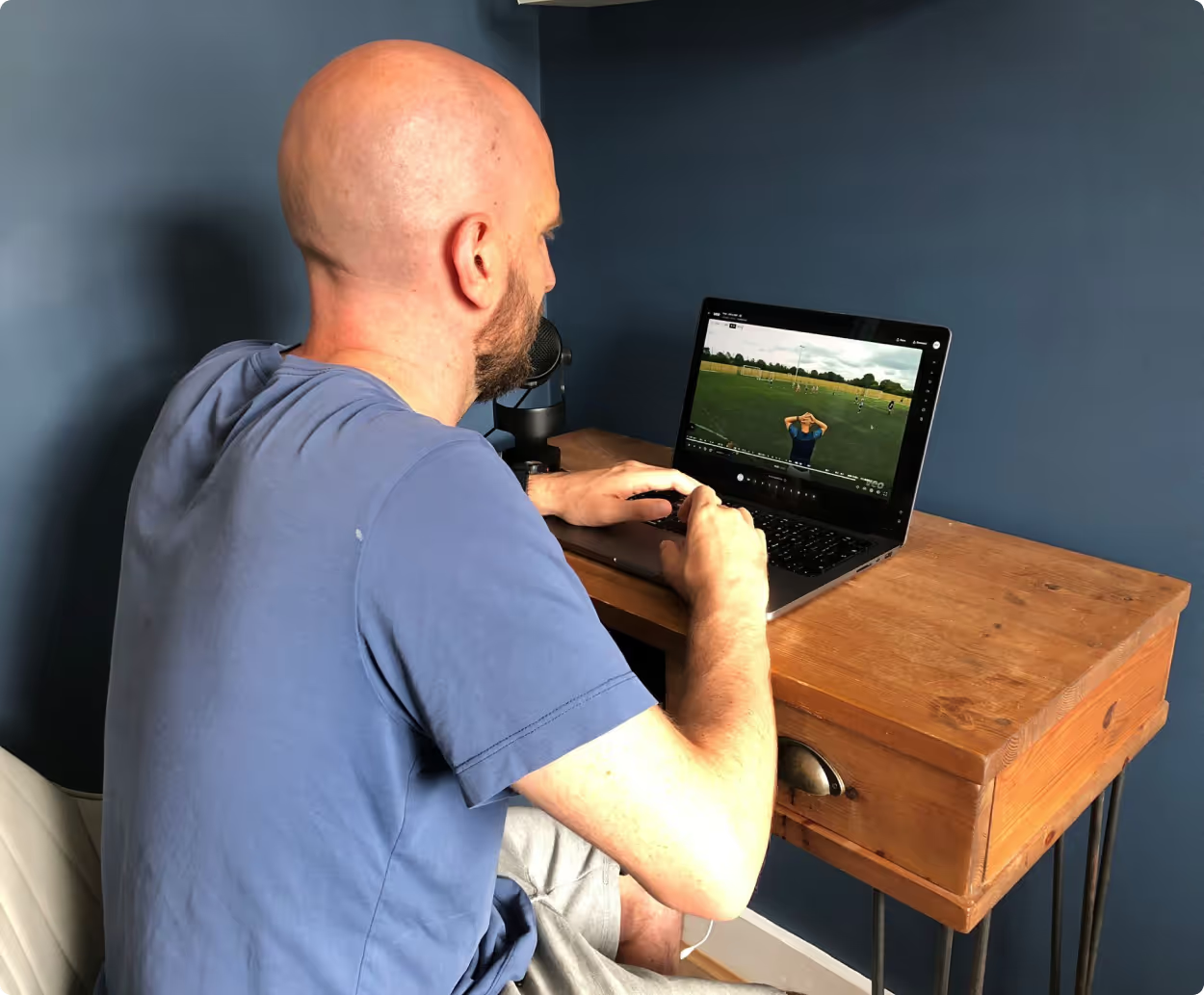
This approach extends to how they view other parents and coaches in the community. "One of the main things about us is to help parents who are making mistakes, to educate them. How can we help you get better? You're a parent that hasn't been given the tools. Everyone expects you to be an expert in emotional intelligence, and you're not."
The Legacy Perspective
Perhaps most powerfully, the podcast reminds us that these seemingly small moments create lasting memories. When interviewing former Premier League players like Kieran Gibbs, Welch and Clark discovered that these professionals still vividly remember their grassroots experiences—the shirt sponsors, specific moments, tournament wins from when they were eight or nine years old.
"These moments seem so insignificant because they're eight or nine years old, but these are memories that they will have forever, and so will we. These are huge moments in their lives that we are somehow a part of by putting our hands up and saying, 'Yeah, we'll coach your team for a bit.'"
A Movement Beyond Football
"It's Only Kids Football" has become more than a podcast. The show represents a cultural shift toward honesty, vulnerability, and community support in youth sports. By refusing to present a polished, perfect version of coaching and parenting, Welch and Clark have created space for thousands of others to be honest about their struggles and learn together.
The integration of technology like Veo's cameras captures more than just goals and saves. The technology documents the full emotional journey of grassroots football, creating lasting memories and strengthening community bonds. As Welch puts it, "What we want to do is celebrate grassroots, because we love it and it's brilliant."
In a world where youth sports can sometimes feel overwhelmingly serious, "It's Only Kids Football" reminds us why we're really there: to support our children, build community, and create memories that will last a lifetime. Sometimes, that means admitting we don't have all the answers, but we're willing to learn, grow, and repair along the way.

